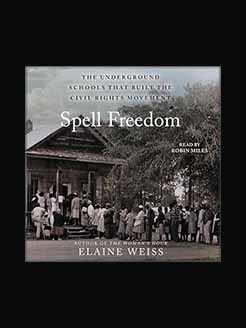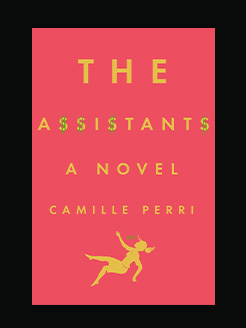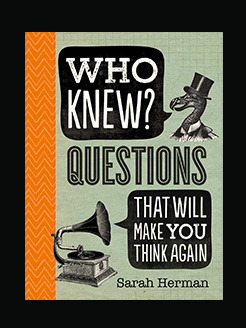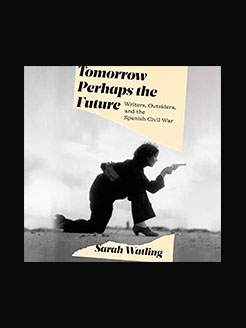Published in 2004
193 pages
Kim E. Nielsen – Ever since I was a kid exploring my community’s old Carnegie library, I had loved biography. Now I’m professor of history and women’s studies at the University of Wisconsin-Green Bay. Studying history means I get to read biography and consider it work. My most recent book is Beyond the Miracle Worker: The Remarkable Life of Anne Sullivan Macy and Her Extraordinary Friendship with Helen Keller (Beacon Press, 2009).
What is this book about?
A political biography that reveals new sides to Helen Keller.
Several decades after her death in 1968, Helen Keller remains one of the most widely recognized women of the twentieth century. But the fascinating story of her vivid political life–particularly her interest in radicalism and anti-capitalist activism–has been largely overwhelmed by the sentimentalized story of her as a young deaf-blind girl.
Keller had many lives indeed. Best known for her advocacy on behalf of the blind, she was also a member of the socialist party, an advocate of women’s suffrage, a defender of the radical International Workers of the World, and a supporter of birth control–and she served as one of the nation’s most effective but unofficial international ambassadors. In spite of all her political work, though, Keller rarely explored the political dimensions of disability, adopting beliefs that were often seen as conservative, patronizing, and occasionally repugnant. Under the wing of Alexander Graham Bell, a controversial figure in the deaf community who promoted lip-reading over sign language, Keller became a proponent of oralism, thereby alienating herself from others in the deaf community who believed that a rich deaf culture was possible through sign language. But only by distancing herself from the deaf community was she able to maintain a public image as a one-of-a-kind miracle.
Using analytic tools and new sources, Kim E. Nielsen’s political biography of Helen Keller has many lives, teasing out the motivations for and implications of her political and personal revolutions to reveal a more complex and intriguing woman than the Helen Keller we thought we knew.







